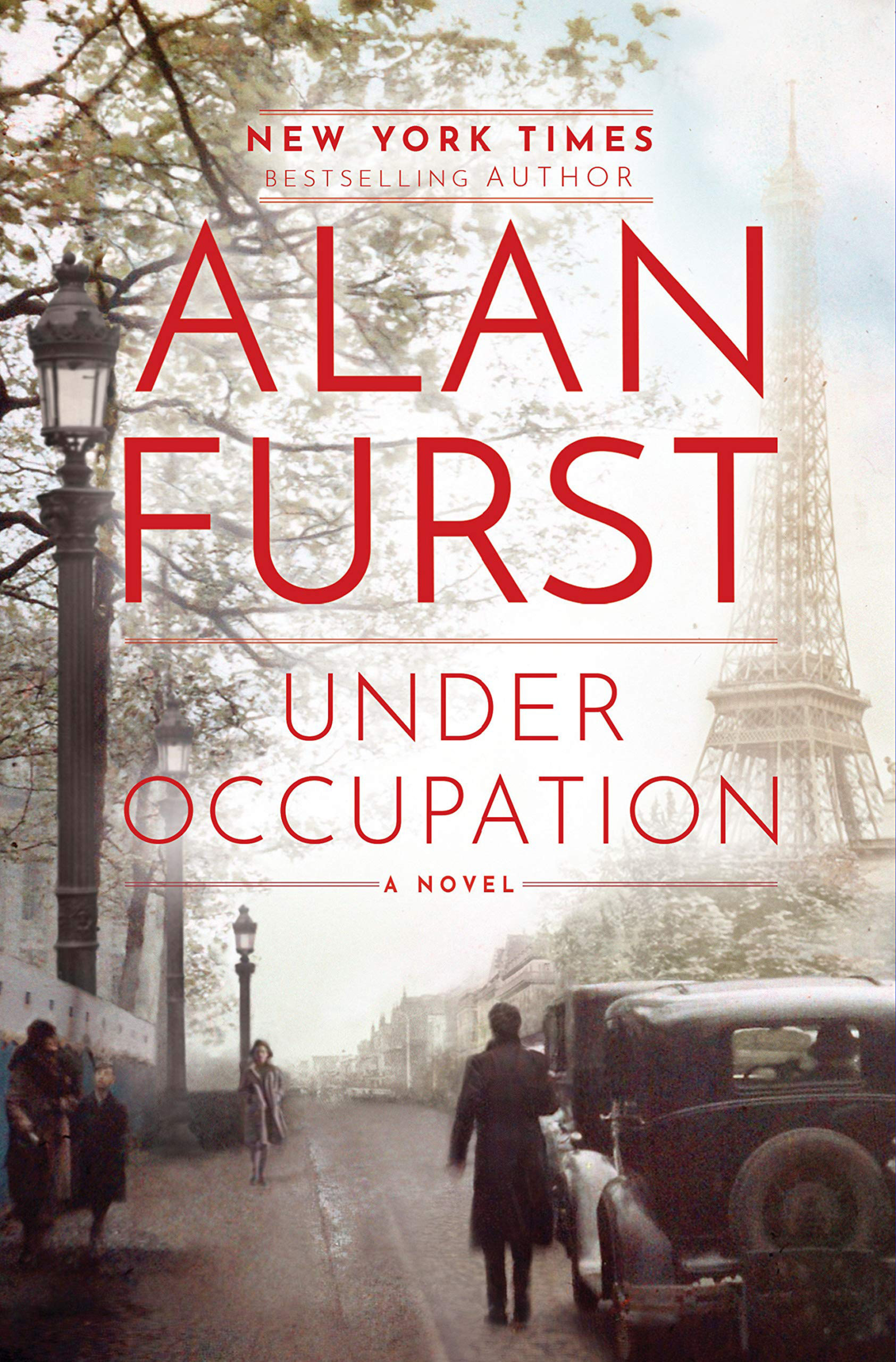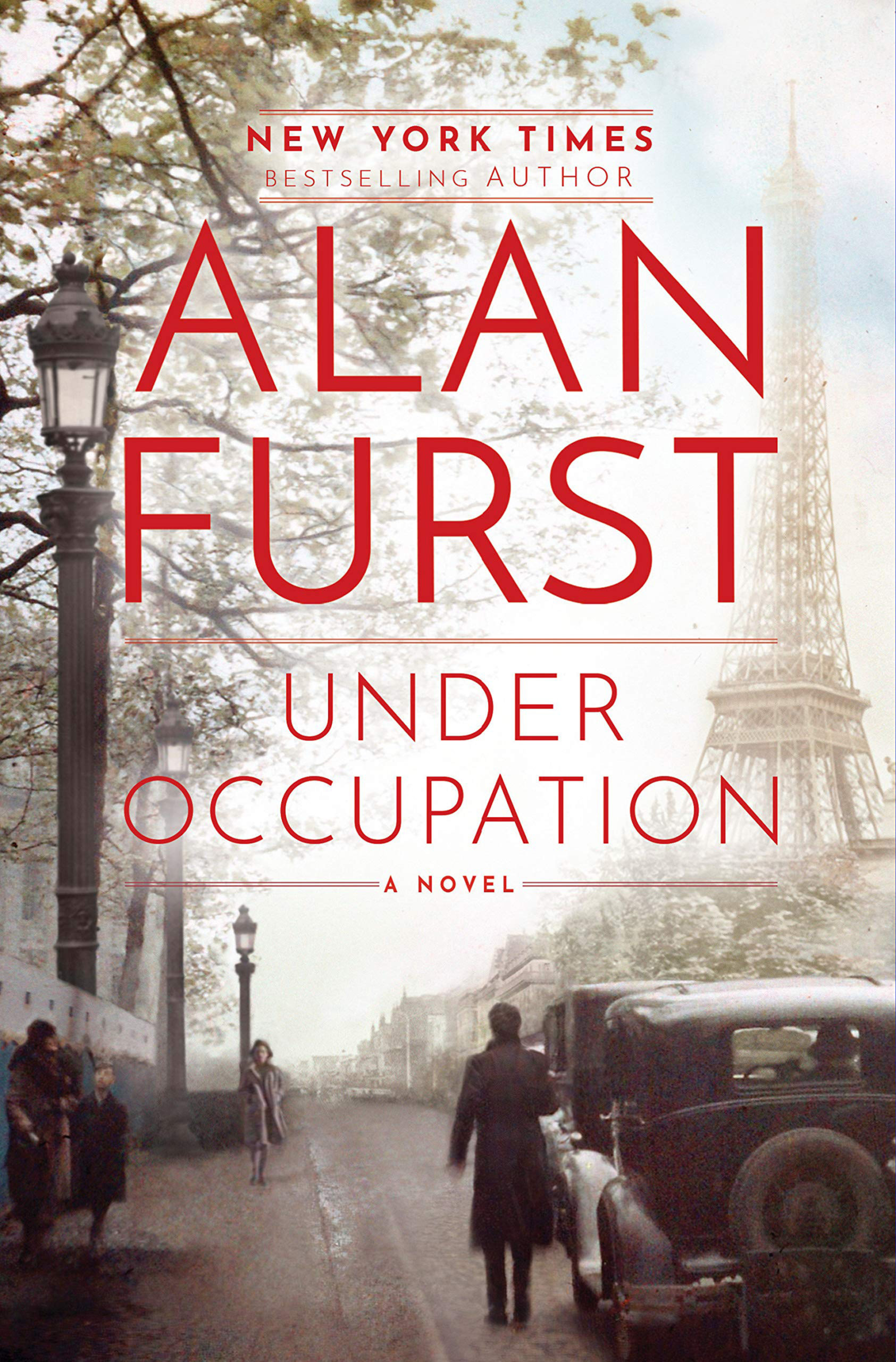There’s A Storm Brewing In ‘Montauk’


As soon as you see the heading of chapter one in Nicola Harrison’s debut novel “Montauk,” you know what’s going to happen to the people she’s assembled on the “final stretch of land before a drop into the ocean.”
It’s “Summer 1938,” and as most East Coast residents know, the 1938 hurricane, aka The Long Island Express, hit the Hamptons hard, especially the fishing village of Montauk. Indeed, more than 80 years later, the storm is still a subject of major exhibitions and continues to attract writers of fiction and nonfiction. It is to Harrison’s credit that she defies expectations, keeping the sudden destructive Labor Day surge of wind and rain the inevitable, but not defining, event for her engaging cast of characters.
“Montauk” could be said to be a “beach read” — a mildly entertaining soap-opera romp typically written by and for women and usually featuring city chicks on the prowl for sun and romance. Harrison, however, whose writing skills evolved in Stony Brook Southampton’s MFA program, and who has had a career as a fashion and style columnist for Forbes and went on to found her own business, already had short stories published before taking up the more expansive demands of a novel. Just when you think you know where the narrative is going, she slights stereotype and surprises. And keeps you turning pages to see how it all will be resolved (not quite what you thought, or wanted).
A transplant from Hampshire, England, Harrison spent time not only around the Montauk Lighthouse, which is at the center of her tale, but at the library and with local historian Henry Osmer, as she writes in an email. For 10 years she had a home near the Montauk Downs Golf Course that was known as “Billy’s house” and met a lot of locals who told her stories. She obviously read a lot about the fabulous Montauk Manor in its heyday and the privileged urban sophisticates who came out to cavort in what Carl Fischer called the “Castle by the Sea” (built, ironically, to reclaim what he lost to a hurricane in Miami).
Montauk was where the monied men chugged out on the Long Island Rail Road on weekends, leaving their arrogant, aimless wives behind for the summer with kids and nannies who bustled about the yacht club, planned parties, downed martinis, had affairs, and inoculated themselves from the working village poor on whom they depended.
The plot could have turned out to be a predictable Grade B script, but Harrison had a social critique in mind when she created her first-person narrator, 27-year-old Beatrice Bordeaux, a beautiful small-town girl, lonely and shy, who was wined and dined into upscale marriage by rich, bored, handsome Harry Bordeaux (one of the “slick, moneymaking, city-dwelling, train-taking men in their suits and hats and suspenders”), who has just deposited her at the Manor when the novel opens. But Beatrice feels out of her element, though she doesn’t know what her element is.
A dropout from Vassar, after the sudden accidental death of her beloved brother, but desperate to have a family with Harry — a losing case it would seem after five fruitless years and (male) medical accusations that it is she who is at fault — she drifts instinctively to seek the friendship of the Manor’s laundress and to walk the remote rocky terrain around the lighthouse. It’s where she meets Thomas, a Heathcliff-type handsome sod-of-the-earth loner who is the lighthouse keeper.
Yes, the novel is full of clichéd wealthy women and their horrible husbands whose passions are making money (along with drinking and womanizing). But Harrison knows enough to complicate her major characters, particularly in the creation of Dolly, who is rich, cynical, and powerful and who works in her own hat factory in the city and takes pride in hands-on accomplishment. Of course, she will become Beatrice’s mentor and friend.
There’s admirable writing in the book (Harrison says she became “obsessively nostalgic” about Montauk), especially the land, before developers came swooping in to feed off Fischer’s bankruptcy. The late 1930s are memorably revived, including Roosevelt’s patriotic radio broadcasts and isolationist talk among the wealthy, replete with anti-Semitism and indifference to the plight of those targeted by their philanthropy.
It’s Labor Day weekend: the wolves of Wall Street plot and scheme, the parties go on, Beatrice wanders further and deeper into a plight all her own, and a full-force hurricane lurks behind one of the brightest blue skies of the summer.



